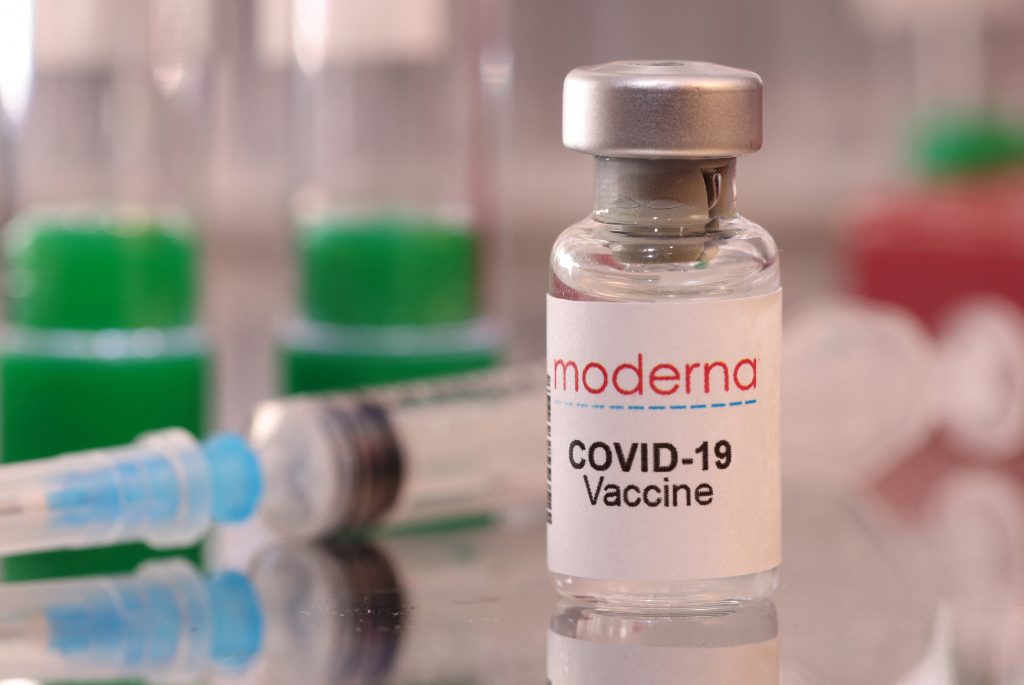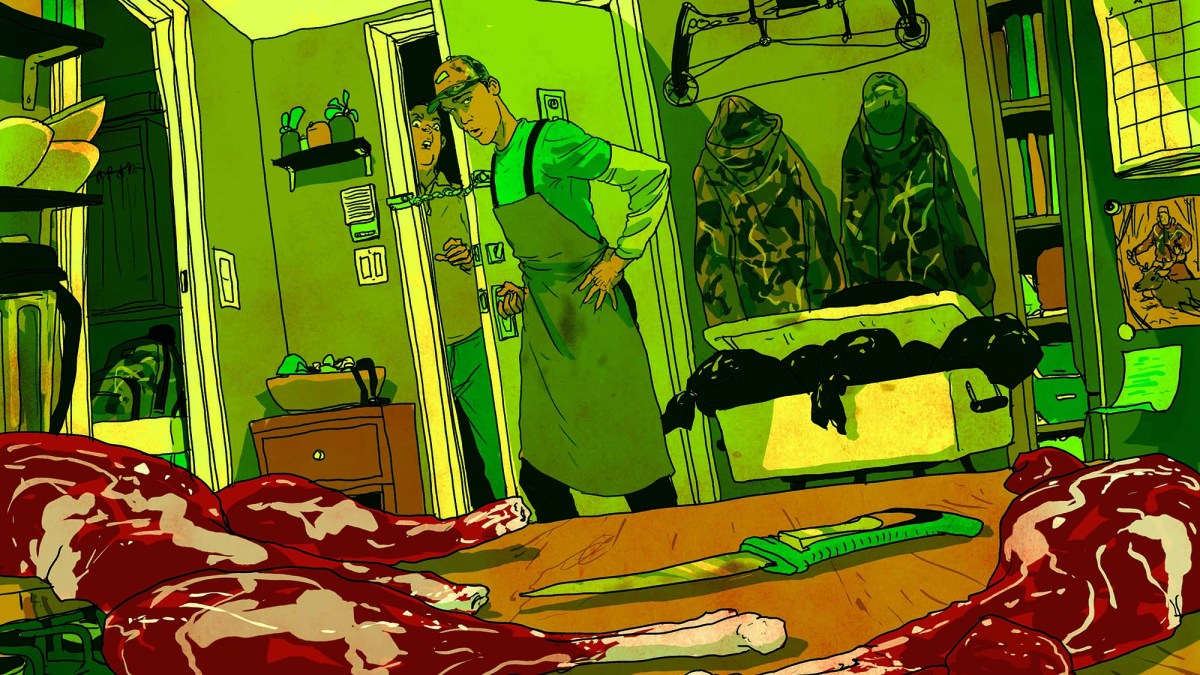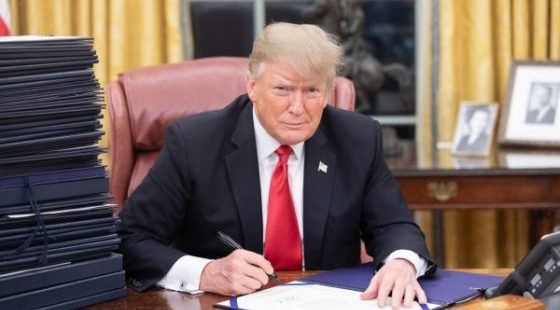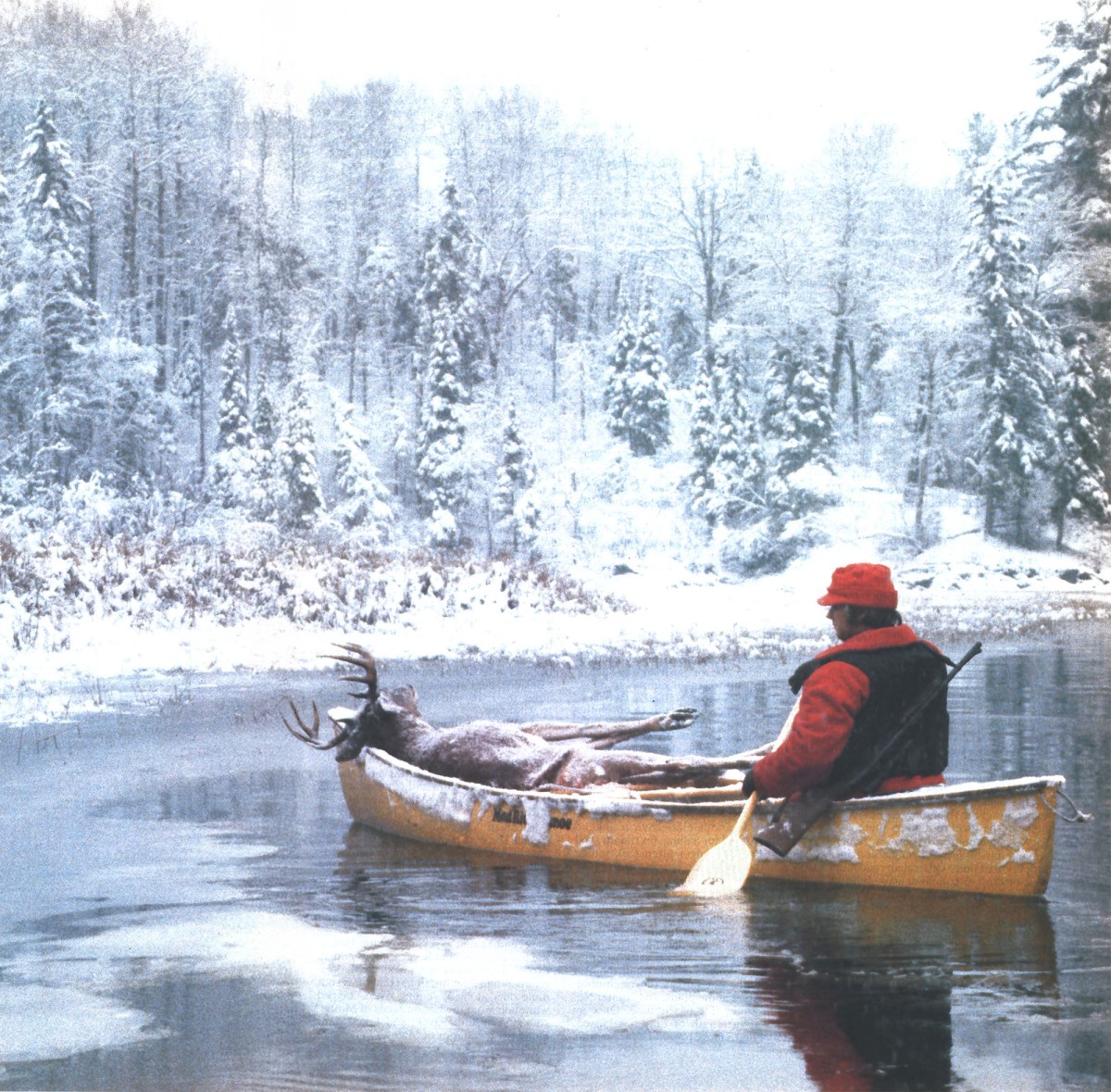The Lost Skills You Need to Survive an Economic Collapse
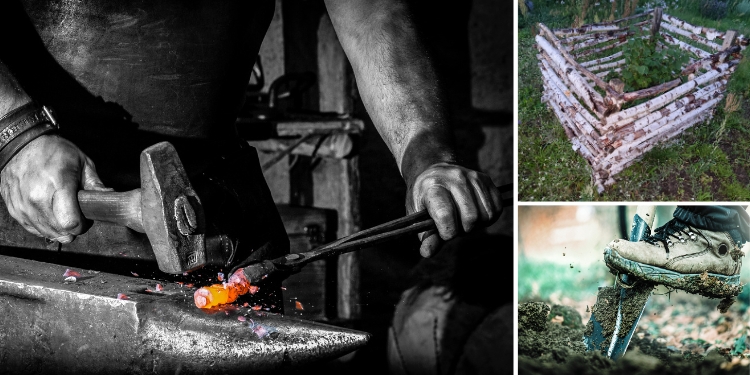
The global economy isn’t “slowing down.” It’s circling the drain. Governments know exactly what’s coming—but instead of fixing the problem, they’re doubling down on debt, printing fake wealth, and pretending everything’s fine. They’re just trying to stay in office long enough to make it someone else’s disaster. When the crash finally hits, and it will, it won’t be them living with empty shelves and worthless dollars. It’ll be you.
Our global system made us comfortable, lazy, and dependent. Cheap gadgets, imported food, everything “just in time.” But that convenience came with chains. The more we relied on the world, the less we could rely on ourselves. And when trade stops, those chains tighten. The lights go out, the trucks stop moving, and suddenly “Made in China” means “Gone for good.”
 This isn’t the first collapse in history. The Romans had one too back in 33 AD. But here’s the difference: when Rome’s finances fell apart, ordinary people didn’t. They still grew food, forged tools, traded locally. They didn’t need the empire to survive. Today? Most people can’t even cook from scratch, let alone live without imports. When the modern empire of debt collapses, there won’t be a blacksmith down the road to save you. There’ll just be chaos and those who saw it coming.
This isn’t the first collapse in history. The Romans had one too back in 33 AD. But here’s the difference: when Rome’s finances fell apart, ordinary people didn’t. They still grew food, forged tools, traded locally. They didn’t need the empire to survive. Today? Most people can’t even cook from scratch, let alone live without imports. When the modern empire of debt collapses, there won’t be a blacksmith down the road to save you. There’ll just be chaos and those who saw it coming.
Related: When This Happens, The Economic Collapse Will Begin
Look in your fridge. How much of that food was grown within 50 miles of you? Be honest. The lettuce is from California, the beef from Texas, the fruit from Chile, maybe a few things from Mexico or Canada—and that fancy imported cheese? Europe. Even the fridge itself was probably built overseas, shipped here, and sold to you on borrowed money. We don’t just live in a global economy, we depend on it like an IV drip. Pull the plug, and everything stops.
Here’s the ugly truth: every one of those global “connections” is fragile. The moment the dollar cracks under its own debt and loses value, those imports vanish. No parts, no fuel, no food from halfway around the world. You won’t be choosing between brands, you’ll be choosing between starving or surviving. The U.S. would look a lot like the 1800s again, except our ancestors had the skills to live that way. We don’t. Most people today can’t fix, grow, or build anything. That’s the difference between a survivor and a statistic.
So what do you learn before the crash comes? Everyone says “grow food” and “find water”. And yes, that’s essential, but here’s the catch: when everyone knows the same skills, they lose barter value. You need the kind of knowledge that’s vital but rare. The kind that keeps others alive when systems fail. It’s not about being a jack-of-all-trades. It’s about mastering something that everyone will need when the power goes out and the shelves stay empty. That’s real security.
Food Preservation
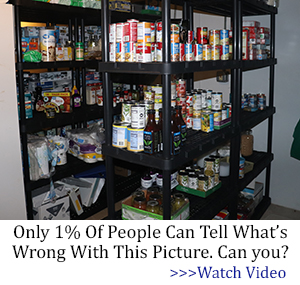 Growing food isn’t exactly easy, but a fair number of people can do it. On the other hand, preserving food without a freezer is a lot trickier, and the consequences if you get it wrong can be deadly serious. If you know how to can, dehydrate, smoke or salt common produce and meat, you can help your neighbors preserve food for the winter – in exchange for a share of the crop, of course.
Growing food isn’t exactly easy, but a fair number of people can do it. On the other hand, preserving food without a freezer is a lot trickier, and the consequences if you get it wrong can be deadly serious. If you know how to can, dehydrate, smoke or salt common produce and meat, you can help your neighbors preserve food for the winter – in exchange for a share of the crop, of course.
What happens when the taps run dry?
Canning won’t matter if you can’t find clean water to begin with — and food preservation means nothing if your soil turns to dust.
Two guides every prepper should own:
- Joseph Well: Learn how to dig, build, and maintain your own reliable water source — even when the grid’s down.
- Mega Drought USA: Understand what’s coming, how drought reshapes survival, and how to adapt your land to keep producing when everyone else’s fails.
You can’t store what you can’t produce — and in a collapse, control over food and water is control over life.
Trapping
Hunting takes time, and every minute you’re out in the woods searching for prey is a minute you can’t spend doing something else. Knowing how and where to set traps lets you harvest fresh meat round the clock; just walk your trap line morning and evening to collect anything you’ve caught. Surplus meat is great for barter.
Traps get you meat — but knowledge of plants keeps you alive when you can’t hunt.
The Book of Remedies 2 is your field guide to the healing power of the plants growing right under your feet.
Discover how to:
- Treat pain, fever, and infection with wild herbs
- Make natural salves, poultices, and tonics that actually work
- Identify safe vs. toxic lookalikes in the field
- Build a barterable skill — natural medicine is always in demand
When the pharmacy is gone, the forest becomes your clinic.
Learn from The Book of Remedies 2
Animal husbandry
Another good way to get meat without hunting is to raise your own livestock. It takes some work, but it isn’t an all-day task and you can also benefit from milk and eggs. These are a great supplement to your own diet, and with supply chains breaking down you’ll have an easy market for the surplus.
When people get hungry, they stop being polite. Your livestock, tools, and supplies will be targets — unless you know how to defend them.
The Home Defense Academy teaches real, practical defense tactics built for civilians, not soldiers.
Learn how to:
- Secure your perimeter without turning your house into a fortress
- Set layered deterrents that stop intruders before they reach you
- Handle firearms and non-lethal defense safely and effectively
- Train your family to respond fast, smart, and without panic
Protect your home before it becomes someone else’s prize:
Check out Home Defense Academy now!
Blacksmithing
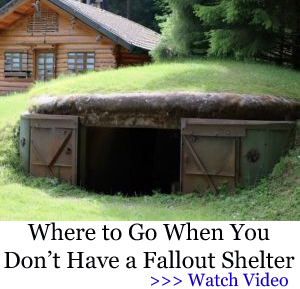 A lot of the things blacksmiths traditionally made won’t be needed for a while after an economic collapse. It’ll take years for the demand for horseshoes to pick up, and there are enough knives, nails and gardening tools already in US stores to last a few lifetimes. That doesn’t mean there won’t be a demand for custom metal objects, though. People will adapt their homes to suit the new reality, and sooner or later they’ll discover that properly made metalwork is worth its weight in steel. If you can run a forge and anvil, you’ll find plenty customers.
A lot of the things blacksmiths traditionally made won’t be needed for a while after an economic collapse. It’ll take years for the demand for horseshoes to pick up, and there are enough knives, nails and gardening tools already in US stores to last a few lifetimes. That doesn’t mean there won’t be a demand for custom metal objects, though. People will adapt their homes to suit the new reality, and sooner or later they’ll discover that properly made metalwork is worth its weight in steel. If you can run a forge and anvil, you’ll find plenty customers.
First Aid
When the economy goes down, what happens to healthcare? The US healthcare system is intimately linked to the economy through insurers, pharma supply chains and many other connections. Parts of it will probably keep limping on through a collapse, but a lot of it will just disintegrate. Even basic first aid skills will become valuable in that scenario. Add some knowledge of herbal medicine and you could become a real local asset.
When people get hungry, they stop being polite. Your livestock, tools, and supplies will be targets — unless you know how to defend them.
If hospitals go dark and pharmacies run dry, what will you do?
That’s where The Home Doctor comes in — a practical, no-nonsense medical guide for when help isn’t coming. Written by real doctors who’ve lived through collapse and scarcity, it shows you how to treat wounds, infections, fevers, and emergencies with what you already have.
When modern medicine fails, knowledge is your best weapon.
Learn more here: The Home Doctor – Practical Medicine for Every Household
Organization
How much of our society will survive an economic collapse? It’s hard to say. As the government runs out of money to pay its employees expect a lot of them to just drift away, joining the emerging barter economy and working to support their families. That’s going to leave communities to look after themselves in many ways. The problem with that is people will often just do their own thing and either duplicate what others are doing or leave vital stuff undone. A natural leader with organizing ability can have a huge impact on how well things go.
Mediation
Even when people are trying to pull together after a disaster, disputes can break out – and, if society is already getting shaky, that can be very disruptive. If you’re the one that can calm people down and get them to discuss their issue, then compromise and find a peaceful solution, you’ll be creating an environment where it’s easier for everyone to pull through.
Resilience
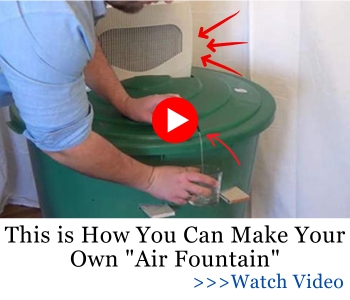 Our ancestors had many skills that have almost vanished from modern society. Making their own clothes, grinding their own flour, splitting their own firewood… a hundred and one things, easy to them but forgotten now, helped them survive whatever life threw at them. But all these skills, important as they were, were dwarfed by something else: Our ancestors were tough. They didn’t need therapy if they had a bad day. They didn’t need emotional support animals to do anything difficult. If life knocked them down, they just got up and carried on. If you have the ability to take a hit and keep going, an economic collapse won’t stop you.
Our ancestors had many skills that have almost vanished from modern society. Making their own clothes, grinding their own flour, splitting their own firewood… a hundred and one things, easy to them but forgotten now, helped them survive whatever life threw at them. But all these skills, important as they were, were dwarfed by something else: Our ancestors were tough. They didn’t need therapy if they had a bad day. They didn’t need emotional support animals to do anything difficult. If life knocked them down, they just got up and carried on. If you have the ability to take a hit and keep going, an economic collapse won’t stop you.
It’s impossible to learn all the skills we might need in a single lifetime, but anyone who wants to be prepared should know the basics – then add a couple of other useful, and tradeable, talents. Our economy is vulnerable right now, and who can say if it will manage to return to calmer waters without something going badly wrong? If the US doesn’t get lucky, our post-collapse lifestyle will be a lot more comfortable if we’ve relearned some of the things our grandparents knew.
When the dollar falls, your savings won’t save you — your skills will.
The next collapse won’t look like 1929. It’ll be digital, silent, and fast. And by the time the banks freeze, it’ll be too late to “prepare.”
Dollar Apocalypse is the playbook for what happens after the economy flatlines — and how to stay fed, safe, and independent when paper money turns worthless.
Inside, you’ll learn how to:
- Secure food, fuel, and medicine when supply chains die overnight
- Build barter systems that keep you wealthy when cash means nothing
- Protect your home from looters and desperate neighbors — legally and effectively
- Convert your current assets into survival value before inflation eats them alive
- Rebuild your community when the system gives up on you
If you’re waiting for “official” help, you’ll be waiting forever.
Get the blueprint that turns collapse into opportunity:3
BUY DOLLAR APOCALYPSE NOW!
You may also like:
 9 Terrifying Truths About Long-Term Economic Crises
9 Terrifying Truths About Long-Term Economic Crises
Intelligence: How to Stay One Step Ahead of the Bad Guys (Video)
Economic Collapse Movies Every Prepper Needs to Watch
FEMA Myths You Need To Stop Believing
How Financial Literacy Skills Can Make or Break Your Survival Plan
Read the full article here





